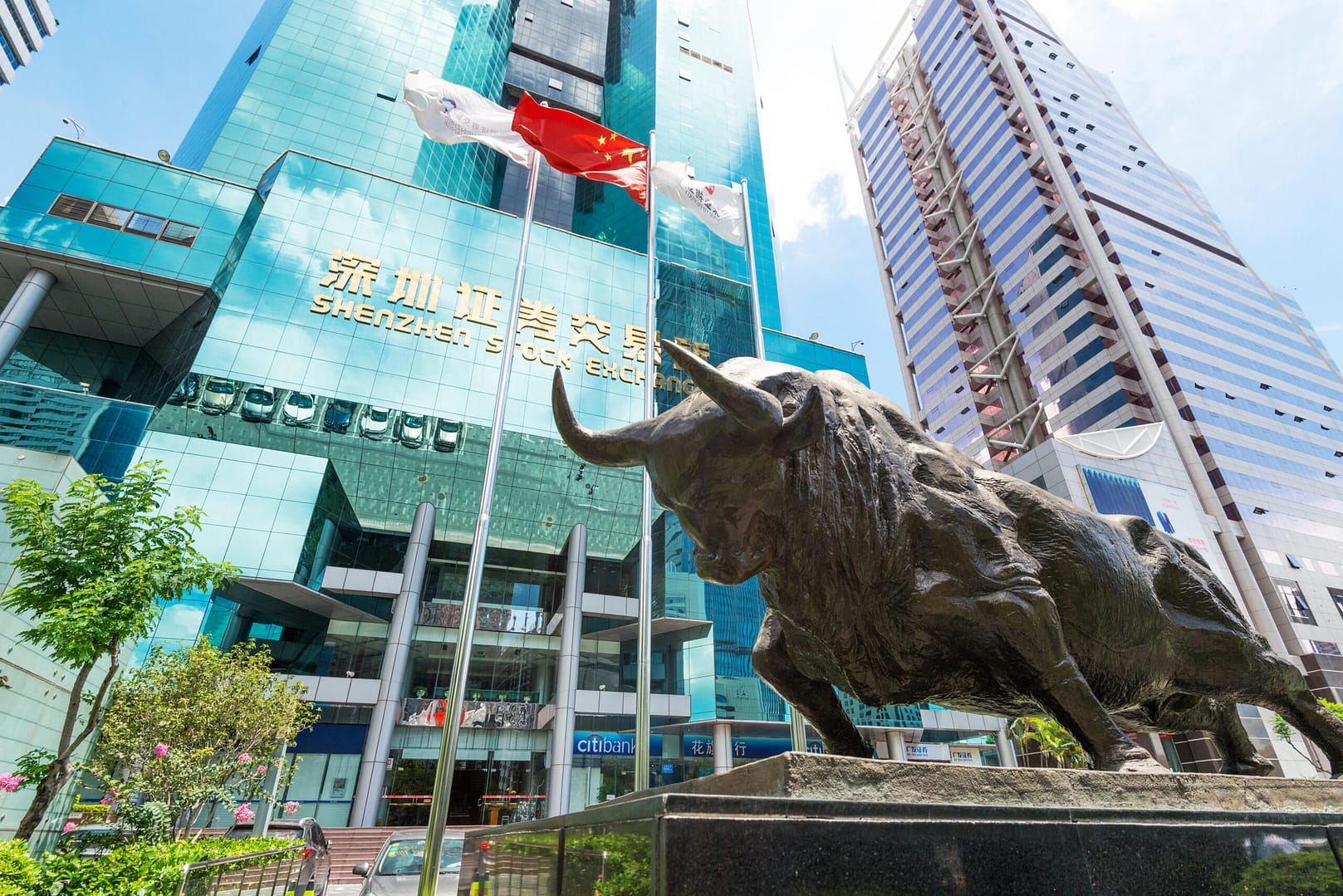In recent months, Beijing has tried to impose stability on its struggling, perpetually volatile stock market by focusing on building up the role of institutional investors. It has offered financing for fund managers to invest and for listed companies to buy back shares, acted to beef up buying by state-owned companies with a raft of regulatory measures, and even pressured fund managers during bouts of selling.But the campaign to tame the market’s animal spirits—call it financial market regulation with Leninist characteristics—has so far fallen short. That’s largely because of investors’ disappointment with Xi Jinping’s efforts to revive an economy beset by weak growth and deflation. And like markets around the world, Chinese equities face the growing uncertainty of US-China trade tensions.The end result is essentially two stocks markets. Shares listed in the mainland hovered on the brink of a bear market in January after a rally sparked by the government’s supposed turn last year to economic stimulus ran out of steam. Shares of Chinese companies listed in Hong Kong and New York also suffered. However, technology stocks in Hong Kong have soared after the Chinese startup DeepSeek shook the world with its entry into the artificial intelligence competition.Such volatility is par for the course for a country with some two hundred million retail investors—many of whom have suffered heavy losses in recent years. That’s exactly what Beijing doesn’t want. With the economy still struggling, all eyes will be on next month’s meeting of China’s National People’s Congress, which rubberstamps the government’s budget plans. If the spending taps are finally opened, the stock market could rally. But it will take much more than optimistic pronouncements to restore confidence after months of undelivered promises.This uncertainty does not sit well with the foreign institutional investors that Beijing has courted for years. Those who pursue strategies built on long-term investments had largely abandoned the Shanghai and Shenzhen markets by late 2023, putting their money in places like Tokyo and Mumbai. Some investors with a higher tolerance for risk—especially hedge funds—stuck it out. However, once last year’s rally ran its course, many of those fund managers took profits—although some bulls continue to place heavy bets on Chinese shares. Net capital outflows from China hit a record $182 billion in 2024, with foreigners joined by Chinese investors who have been shifting money to Hong Kong and elsewhere. A Bank of America survey of 182 institutional fund managers published in late January showed that only 10 percent were optimistic about the outlook for China’s economic growth compared with 61 percent in October. However, the latest tech stock rally appears to have made some fund managers more bullish.An added incentive to shift investments out of China has come from the currency market, where Beijing allowed the renminbi to depre

